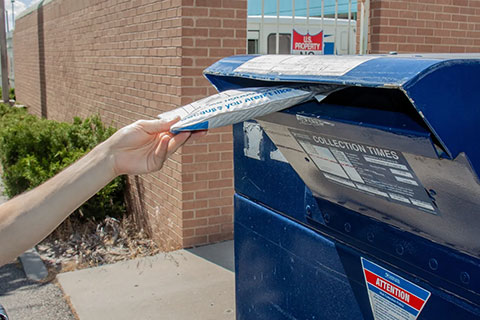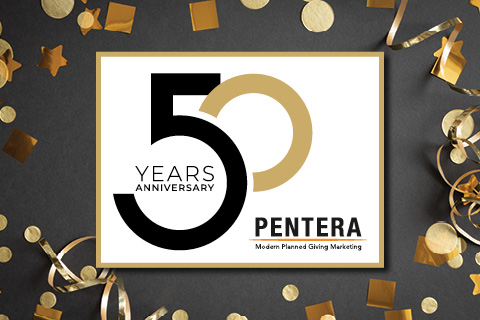The Pentera Blog
The Last Will and Testament Is the Most Charitable One
Of all the fascinating planned giving research that has emerged in the past few years, here is the most startling and confounding statistic:
Within the last five years of life, two-thirds of those who leave charitable bequests answer "no" to the question, "Have you made provisions for any charities in your will or trust?"
What? They say there is nothing in their will or trust for charity, and then shortly before death they change their minds and add a charitable beneficiary? Well, yes. And the implications for planned giving are profound and support what Pentera has been saying all along about continuing to market to older donors.
The source of the surprise statistic
Last year Texas Tech professor Russell James published a study titled American Charitable Bequest Demographics that analyzed the charitable behavior of older Americans. James culled information from a massive government study that has been interviewing thousands of Americans every two years for more than two decades—and also interviews the relatives of study participants who have died.
So his analysis includes not just what people say they are going to do but what actually happens when their estate documents are processed. And those findings clearly prove that most charitable beneficiaries are added within five years of the donor's death.
Who are these late donors?
James also found that most people who make charitable bequests once were regular annual donors and/or volunteers but stop as they age. Thus they may fall off the radar. But they likely can be identified: The key is to look for those who in the past have been volunteers or significant donors—and especially those who have been both.
Stay in touch with your former donors
So here's what we know:
- Those who volunteer and/or make significant gifts are much more likely to make a charitable bequest.
- Those who volunteer and/or make significant gifts tend to stop doing so late in life.
- Those who actually make charitable bequests tend to add recipients in the last five years of life.


